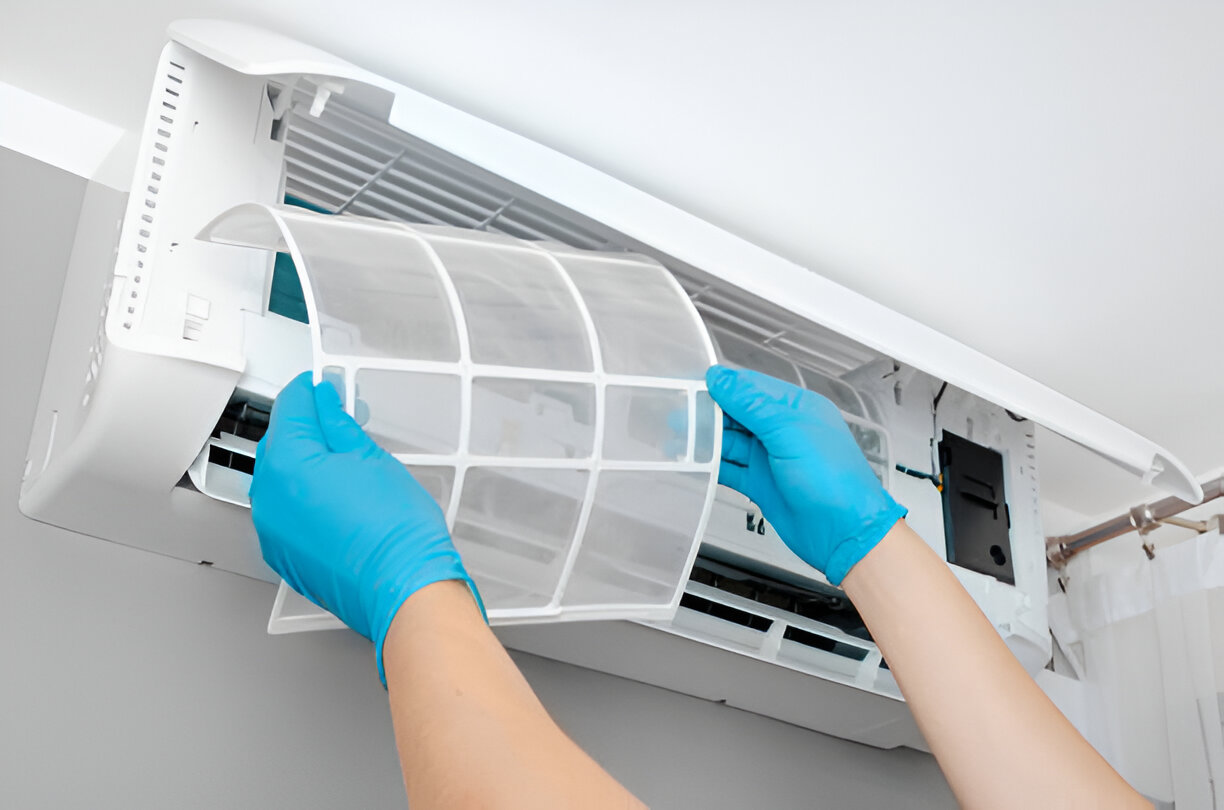
AC Tune-Up in Harrisburg, PA
Keeping your air conditioner running reliably through Harrisburg summers starts with a professional AC tune-up. With hot, humid summers and frequent heat spikes, homes in Harrisburg put extra strain on cooling systems. A thorough tune-up prevents midseason breakdowns, lowers energy use, improves comfort, and helps protect indoor air quality in homes prone to pollen and humidity-related issues.
Why a tune-up matters in Harrisburg homes
- Harrisburg summers are humid and warm, increasing cooling demand and condensate production that can clog drains and foster mold.
- Older homes and long duct runs common in the region can reduce airflow and make systems work harder.
- Regular preventive maintenance reduces the chance of emergency repairs during peak utility usage and heat waves.
Common AC problems a tune-up addresses
- Poor or uneven cooling across rooms
- Short cycling or frequent on/off operation
- Rising energy bills despite normal use
- Unusual noises from the compressor or blower
- Excessive humidity indoors or water leaking near the unit
- Weak airflow or dusty vents
Types of tune-ups
- Basic seasonal check: Visual inspection, filter check, thermostat check, basic airflow test
- Comprehensive tune-up: Full checklist below with electrical testing, refrigerant evaluation, coil and drain cleaning, lubrication, and diagnostic testing
- Pre-summer readiness: Focus on load testing and performance verification to avoid midseason failures
Typical AC tune-up checklist (what a technician will inspect and service)
- Thermostat calibration and settings
Verify the thermostat is accurate and programmed correctly. A miscalibrated thermostat can cause short cycling or incorrect setpoint readings. - Electrical safety checks
Inspect electrical connections, contactors, fuses, and breakers for tightness and wear. Measure voltages and amp draw to confirm the compressor and fan motors operate within safe ranges. - Refrigerant level inspection
Check refrigerant charge and system pressures. Low refrigerant often indicates a leak that needs repair. Proper charge ensures efficient cooling and prevents compressor damage. - Evaporator and condenser coil inspection and cleaning
Examine coils for dirt or debris that reduce heat transfer. Clean coils as needed to restore efficiency and airflow. - Airflow and filter assessment
Inspect and often replace or recommend replacing air filters. Measure airflow to identify duct or blower issues that cause poor cooling distribution. - Lubrication of moving parts
Lubricate motors and bearings where applicable to reduce wear and noise, improving longevity. - Condensate drain and pan check
Clear the condensate line and check drain pan for clogs or signs of overflow that can lead to water damage or microbial growth. - Fan and blower inspection
Check motor mounts, belt condition (if present), and blade alignment. Clean fan blades to maintain balanced operation. - Minor adjustments and component checks
Tighten loose hardware, check refrigerant line insulation, verify reversing valve operation on heat pumps, and inspect safety controls. - Diagnostic testing under load
Run the system while monitoring performance metrics such as supply and return temperature difference, compressor cycling behavior, and overall run quality to identify hidden issues.
What to expect during the service visit
- Arrival with tools and diagnostic equipment, technician identifies access points and system type.
- Visual and hands-on inspections of both indoor and outdoor units.
- Measurements taken while the system runs to verify performance.
- Professional cleaning of accessible components and filters.
- Documentation of findings and recommended follow-up repairs or parts replacements.
Typical duration
- Most comprehensive AC tune-ups take about 60 to 90 minutes for standard split systems.
- Time can extend to 2 hours or more for older systems, multi-zone setups, or when repairs are needed.
- The exact duration depends on system accessibility, age, and whether additional cleaning or part replacement is required.
Signs that indicate additional repairs are needed
- Persistent refrigerant pressure anomalies suggesting a leak
- Loud compressor noise or failure to start
- Repeated electrical tripping or burned contacts
- Severely reduced airflow that filter replacement does not fix
- Visible rust, corrosion, or damaged coils
Benefits of regular annual tune-ups
- Improved energy efficiency and lower monthly cooling costs
- Reduced risk of mid-summer breakdowns and emergency service needs
- Extended equipment life and better long-term reliability
- Better humidity control and improved indoor air quality
- Documentation that may be required to keep equipment warranties valid
Recommended maintenance schedule for Harrisburg homes
- Schedule a professional tune-up in early spring before the first heavy use period. Annual inspections are recommended for most systems.
- Change or inspect filters every 1 to 3 months depending on filter type, household occupancy, and pets.
- Homeowners in Harrisburg with high pollen or dust exposure may benefit from more frequent filter changes and periodic duct checks.
Follow-up maintenance and upgrade suggestions
- If refrigerant leaks are found, schedule leak repair and recharge rather than just topping off the system.
- Consider upgrading to a programmable or smart thermostat to improve comfort and efficiency.
- For older systems showing repeated issues, evaluate replacement options with higher SEER efficiency to reduce long-term operating costs.
- Assess indoor air quality enhancements such as higher MERV filters, UV lights, or dehumidification if humidity is a persistent problem.
Technician qualifications and safety
- A professional tune-up should be performed by trained technicians who follow safety protocols and hold recognized certifications such as NATE and EPA refrigerant handling credentials.
- Proper electrical testing, refrigerant handling, and documented findings ensure safe, compliant service and accurate recommendations.
A well-executed AC tune-up is an investment that pays off in reliable comfort, lower operating costs, and fewer emergency repairs—especially important for homes in Harrisburg that face hot, humid summers and seasonal pollen. Regular seasonal maintenance keeps systems running efficiently and gives homeowners clear guidance when repairs or replacements become necessary.


Enjoy flexible financing options that make upgrading or repairing your HVAC system easy and budget-friendly.










